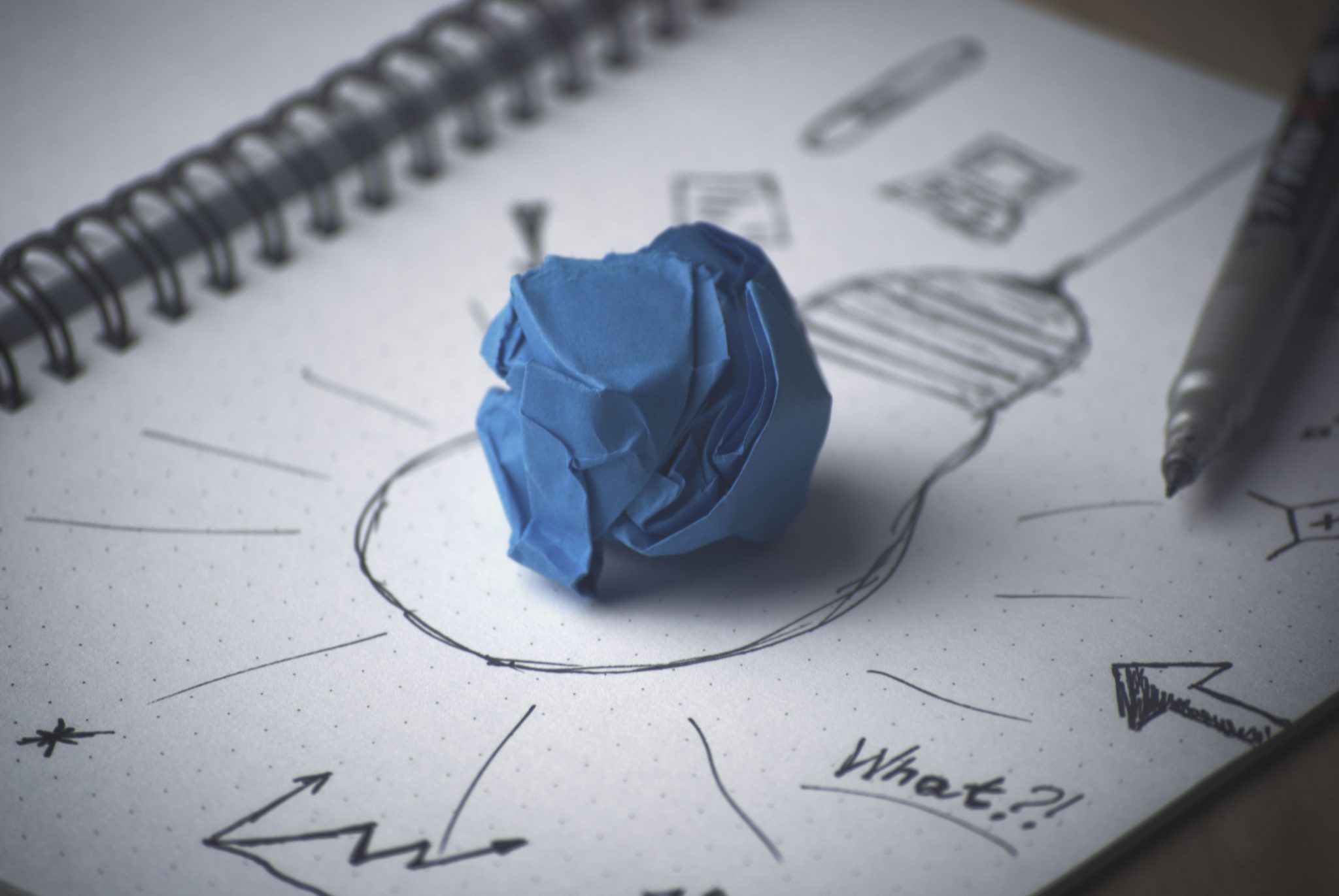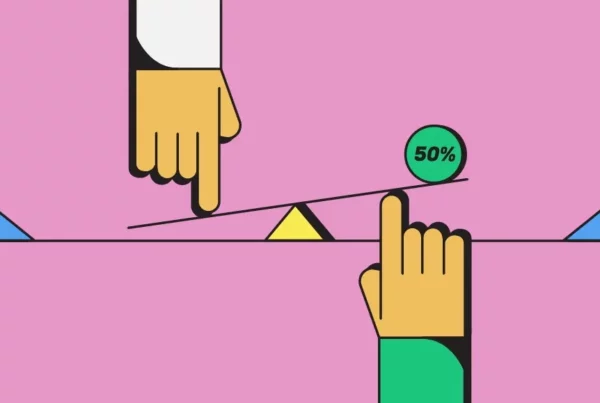News >

Thinking by Elda Choucair
1. Where do you do your best thinking?
On my pillow. When I’m about to drift to sleep after a long day and my brain will not shut down. It just feels like every thought is rushing to find its place in my head; as if my brain finally gets the chance to make sense of everything happening during the day. Some of the best solutions and ideas have struck me in these moments.
Another is when I read. Other people’s words are sometimes the missing pieces in my puzzle. They cause a chain reaction in my head and thoughts take shape, creating the solution to a problem or revealing a way around a hurdle.
The challenge of course is to hold on to these thoughts and ideas long enough until you are in a position to apply them.
2. Do you think the place is important also, is there a time of day that you tend to do your best thinking?
For me, it’s less about the place or time of day, it’s all to do with the mindset… My best thinking comes when there are no distractions, when my mind is free to totally embrace the puzzle I am trying to solve or challenge I am facing. This can happen at any time and anywhere. This is what makes creative thinking so fascinating, you can’t control it. What we try to do at company level is to stimulate it, like building a muscle, and we ‘ve made it easier for our teams to share the result of this thinking, whenever and wherever it happens.
3. How do you approach thinking time: is it scheduled? Is it off-the-cuff? Do you typically involve other people? Why?
Thinking time is not something I can schedule or force into my agenda. I haven’t tried particularly hard to do this, largely because it feels unnatural to me. That said, when other people are involved, in a planned session typically, it is very helpful. Rather than brainstorming, I like to think of these sessions as brainblooming, because ideas blossom when we cross-pollinate. There is an art in thinking with other people though, it’s amazing how they can inspire you and draw something that hasn’t yet reached your consciousness out of you
We’ve also taken this concept further at PHD and embraced the concept of gamification through Source, our new operating system. It’s a ‘Massive Multiplayer Online Game’ (MMOG) and a live-collaboration engine that allows everyone within PHD to work together in real-time. We’re incentivised to interact with others through the system with a reward system called ‘pings’ and our individual score appears on a global leaderboard for the entire network to see. This has made work play and stimulated the cross-pollination of ideas across time and space on a global scale. I can share and contribute my thoughts immediately with others as they happen, while others do the same with me. The results of this blending are amazing.
4. Do you draw inspiration from any unusual/unlikely sources?
Inspiration is everywhere. We just need to have an open mind. Reading helps a lot, looking at what others have done and how is a perfect inspiration. Creativity is about building on others’ innovations because today it is very difficult to create from scratch.
At work, we have a lot of art on display and studies have shown how impactful this is on employees’ creativity. I do believe that art is more than just beauty or aesthetics. It challenges us and inspires our thinking.
5. Do you use any tools to get the juices flowing? Maybe ‘thinking’ music? Maybe creativity apps?
I think we need to have a strong sense of freedom to get the juices flowing. When we allow our brains to think without constraints; without the ‘ifs’ and ‘buts’. Anything that allows our brains to “let go” is a perfect tool.
It’s less about tools and more about techniques. I have heard about creative visualization, which is a form of meditation, and I’m keen to look into this. At work, PHD has several inspirational techniques to generate ideas and I must confess having used some of these in a personal setting. They have helped look at issues from a different perspective. To me, this is key because creativity will ultimately come from stepping out of your own reference system.
6. Are there any golden rules for you when it comes to thinking time? How important is dedicated thinking time to you and what memorable results has it yielded?
It’s a little like controlled breathing. You start with something that comes naturally to you, maybe not optimally, and you try to improve it. There is a huge difference between thinking time on your own and in a group. The techniques vary, largely because of the need to moderate and guide the process in a group setting.
The golden rule is to believe that the idea or the solution will come. It will come. I never give up. Sometimes it takes me days and weeks but I finally figure it out. When an idea feels right, you feel elevated.
7. Finally, what would be your #1 tip for helping people to unlock their creativity and tap into their most inspirational thinking?
To know that everyone can be creative. Some of us are better than others, but faith is the #1 factor.


